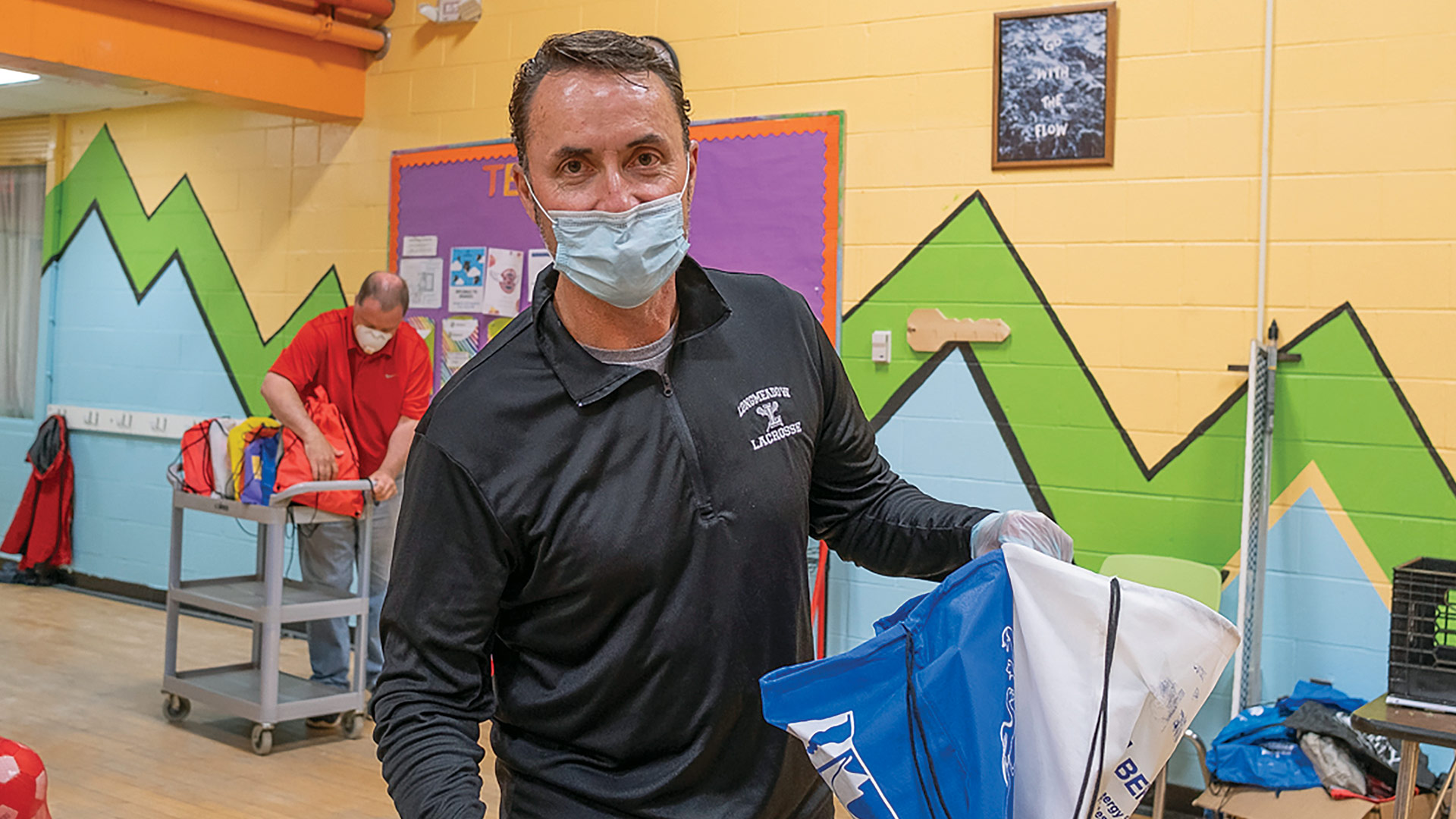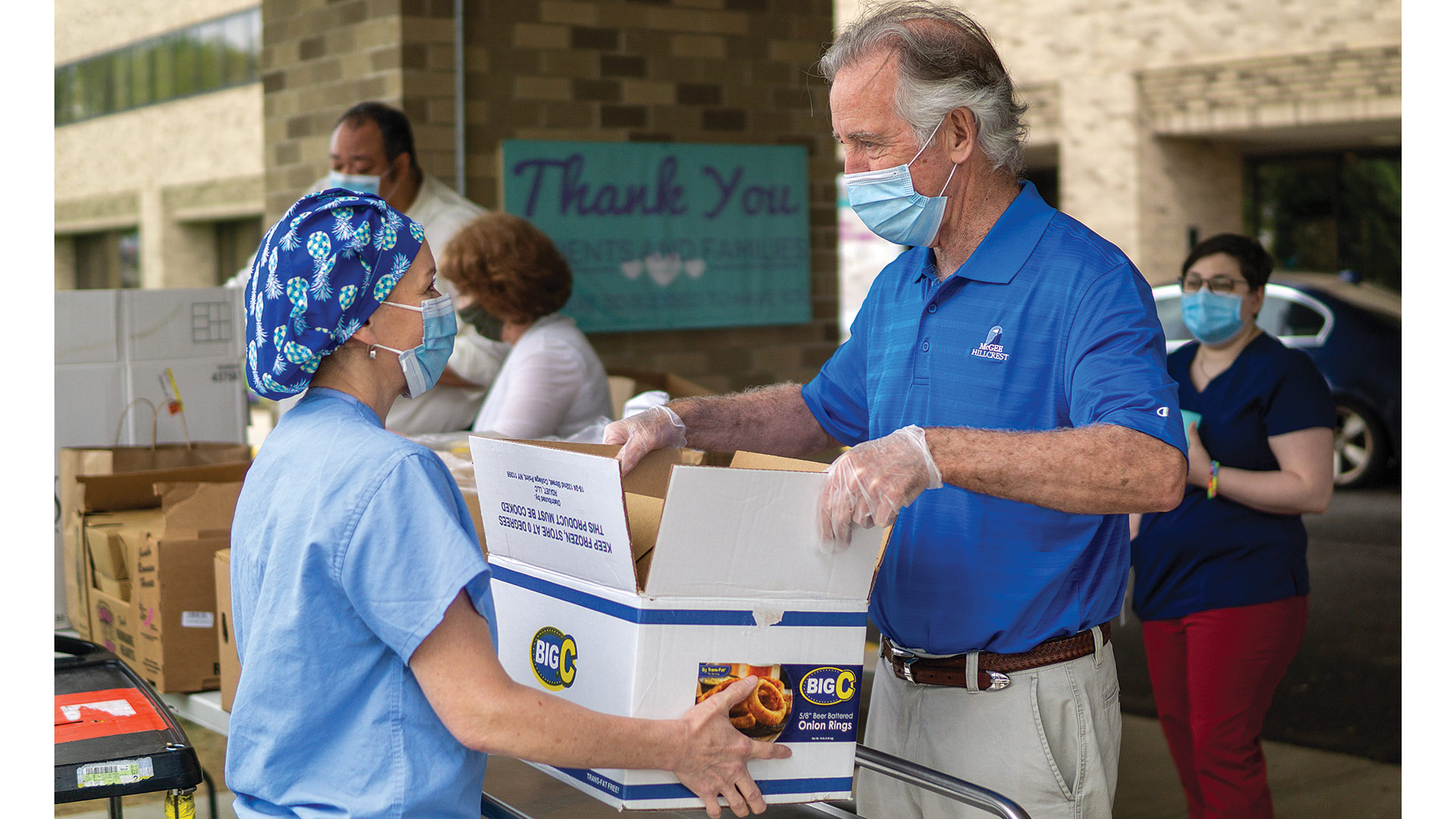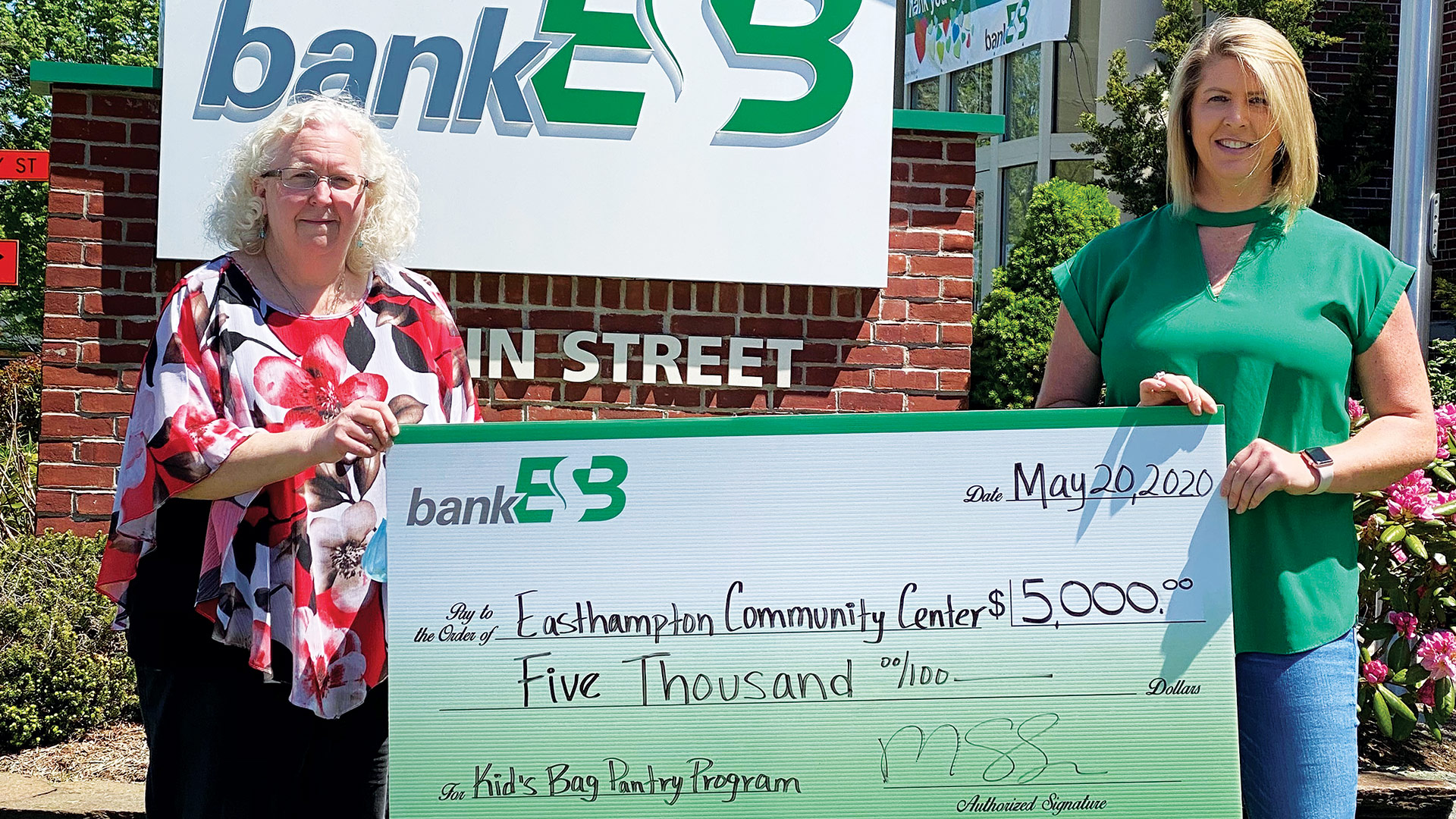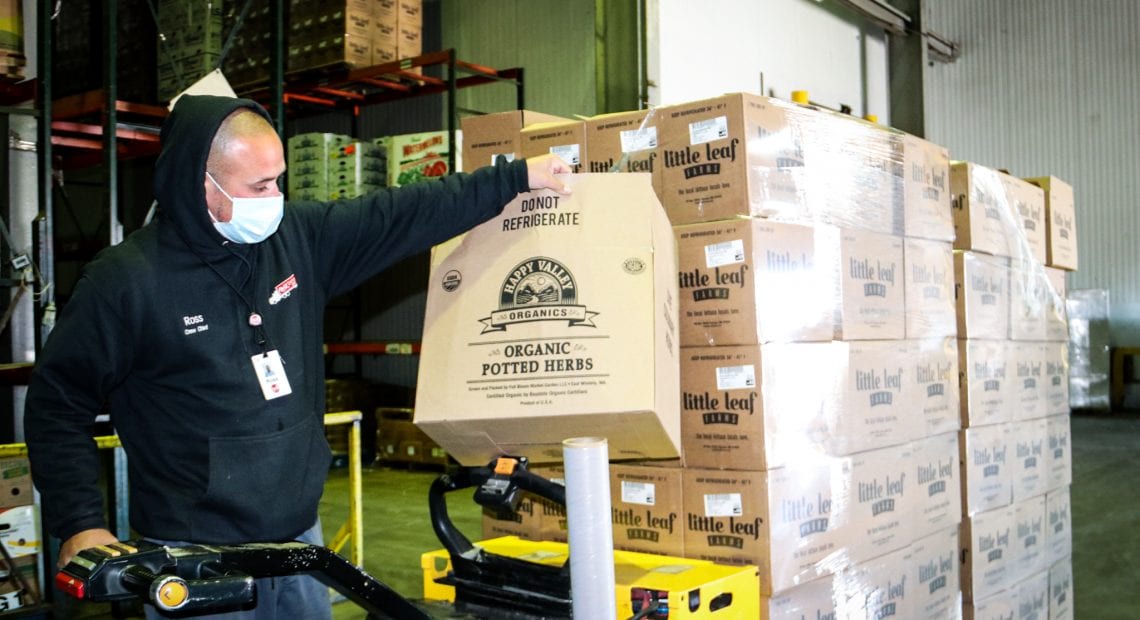The following real estate transactions (latest available) were compiled by Banker & Tradesman and are published as they were received. Only transactions exceeding $115,000 are listed. Buyer and seller fields contain only the first name listed on the deed.
FRANKLIN COUNTY
BERNARDSTON
24 Gill Road
Bernardston, MA 01337
Amount: $293,500
Buyer: Steven F. Duffany
Seller: Douglas R. Fish
Date: 05/15/20
CHARLEMONT
456 Zoar Road
Charlemont, MA 01339
Amount: $375,000
Buyer: Benjamin H. Gagnon
Seller: Ivan J. Gould
Date: 05/11/20
GREENFIELD
661 Bernardston Road
Greenfield, MA 01301
Amount: $300,000
Buyer: MCK 2017 Descendants TR
Seller: Wheaton Mahoney
Date: 05/11/20
303 Davis St.
Greenfield, MA 01301
Amount: $185,000
Buyer: Paul Szczepanek
Seller: Kathleen N. Forster
Date: 05/15/20
58-60 Elm St.
Greenfield, MA 01301
Amount: $147,000
Buyer: Veaceslav Falceanu
Seller: US Bank
Date: 05/13/20
37 Norwood St.
Greenfield, MA 01301
Amount: $155,000
Buyer: David Cheptea
Seller: Ellen L. Rawson
Date: 05/15/20
289 Wells St.
Greenfield, MA 01301
Amount: $562,500
Buyer: ACCSS 1 LLC
Seller: Timber Commercial LLC
Date: 05/15/20
291 Wells St.
Greenfield, MA 01301
Amount: $562,500
Buyer: ACCSS 1 LLC
Seller: Timber Commercial LLC
Date: 05/15/20
61 Plantation Circle
Greenfield, MA 01301
Amount: $190,000
Buyer: William D. Connelley
Seller: Archer, Charmaine R., (Estate)
Date: 05/08/20
ORANGE
620 East Main St.
Orange, MA 01364
Amount: $750,000
Buyer: Wayne Whitmore
Seller: Mitchell Enterprises Inc.
Date: 05/08/20
107 New Athol Road
Orange, MA 01364
Amount: $165,000
Buyer: Jake Stevens
Seller: George H. Newcomb
Date: 05/15/20
SUNDERLAND
679 Amherst Road
Sunderland, MA 01375
Amount: $230,000
Buyer: Chandra K. Gurung
Seller: Alfonso Cumplido
Date: 05/18/20
50 Claybrook Road
Sunderland, MA 01375
Amount: $284,000
Buyer: John G. Hansbury
Seller: Thomas L. Hollingsworth
Date: 05/18/20
258 North Main St.
Sunderland, MA 01375
Amount: $187,500
Buyer: Amanda L. Hanley
Seller: Ciak, Louise M., (Estate)
Date: 05/14/20
114 Old Amherst Road
Sunderland, MA 01375
Amount: $252,000
Buyer: Toni L. Dolan
Seller: Carol M. Krimsky
Date: 05/11/20
WENDELL
87 Bullard Pasture Road
Wendell, MA 01379
Amount: $200,000
Buyer: Kristen Wilson
Seller: Sharon A. Gensler
Date: 05/08/20
WHATELY
8 Dickinson Hill Road
Whately, MA 01093
Amount: $324,000
Buyer: Daniel Lapenta
Seller: John P. Imhoff
Date: 05/08/20
HAMPDEN COUNTY
AGAWAM
127 Colemore St.
Agawam, MA 01030
Amount: $213,675
Buyer: Santander Bank
Seller: Pauline V. George
Date: 05/14/20
102 Country Road
Agawam, MA 01001
Amount: $282,500
Buyer: Thomas A. Walker
Seller: Nicholas D. Rau
Date: 05/15/20
15 Farmington Circle
Agawam, MA 01030
Amount: $459,000
Buyer: Erin Hurley-King
Seller: Hillside Development Corp.
Date: 05/06/20
67 Highland St.
Agawam, MA 01030
Amount: $201,000
Buyer: Mohammed E. Abdul-Baki
Seller: Melhem F. Salloum
Date: 05/11/20
48 Horsham Place
Agawam, MA 01030
Amount: $230,322
Buyer: Oleg Shevchenko
Seller: Jury, Renee Odette, (Estate)
Date: 05/15/20
13 Pierce St.
Agawam, MA 01030
Amount: $147,500
Buyer: Kate S. Menard
Seller: Felix M. Losito
Date: 05/08/20
44 Royal St.
Agawam, MA 01001
Amount: $248,000
Buyer: Paul Versace
Seller: Aleksandr Katykhin
Date: 05/07/20
86 Sunset Ter.
Agawam, MA 01030
Amount: $335,000
Buyer: Richard Gomez
Seller: Robert W. King
Date: 05/06/20
BLANDFORD
1 Kaolin Road
Blandford, MA 01008
Amount: $128,000
Buyer: Matthew Gogal
Seller: Nicholas A. Saltmarsh
Date: 05/18/20
BRIMFIELD
108 Cubles Dr.
Brimfield, MA 01010
Amount: $191,000
Buyer: Shaun McLaughlin
Seller: Douglas R. Alfreds
Date: 05/12/20
CHICOPEE
96 Arnold St.
Chicopee, MA 01013
Amount: $210,000
Buyer: Socrates Caminero
Seller: Sabri Bajrami
Date: 05/15/20
93 Bay State Road
Chicopee, MA 01020
Amount: $220,000
Buyer: Gabriel A. Diaz
Seller: Joshua M. Dupuis
Date: 05/12/20
7 Campbell Place
Chicopee, MA 01020
Amount: $259,999
Buyer: Sabri Bajrami
Seller: Tascon Homes LLC
Date: 05/15/20
118 Clairmont Ave.
Chicopee, MA 01013
Amount: $210,000
Buyer: Henry S. Gottardi
Seller: Wilmington Savings
Date: 05/08/20
105 East St.
Chicopee, MA 01020
Amount: $170,000
Buyer: Prem LLC
Seller: Thomas Fotiathis
Date: 05/15/20
52 Grattan St.
Chicopee, MA 01020
Amount: $245,000
Buyer: Haider Abdulridha
Seller: Timothy J. Czerwiecki
Date: 05/18/20
47 Harvard St.
Chicopee, MA 01020
Amount: $145,000
Buyer: Josue X. Colon
Seller: Gregoire, Maurice, (Estate)
Date: 05/08/20
24 Lafayette St.
Chicopee, MA 01020
Amount: $610,000
Buyer: 24 Lafayette Street LLC
Seller: Henry F. Dabek
Date: 05/19/20
25 Leclair Ter.
Chicopee, MA 01013
Amount: $220,000
Buyer: Juan A. Rodriguez
Seller: Elizabeth A. Girouard
Date: 05/15/20
82 Madison St.
Chicopee, MA 01020
Amount: $265,000
Buyer: Conor J. Patrick
Seller: HLR Home Inc.
Date: 05/11/20
20 Olea St.
Chicopee, MA 01020
Amount: $177,500
Buyer: Jossimarye Melendez
Seller: Joshua Figueroa
Date: 05/15/20
53 Ondrick Dr.
Chicopee, MA 01020
Amount: $240,000
Buyer: Luis Rodriguez
Seller: Gale A. Ascioti
Date: 05/19/20
744 Pendleton Ave.
Chicopee, MA 01020
Amount: $172,000
Buyer: Teresa Doyle
Seller: Joseph R. Lecuyer
Date: 05/18/20
178 Prospect St.
Chicopee, MA 01013
Amount: $252,000
Buyer: Thomas Tetrault
Seller: Eddie Martinez
Date: 05/19/20
63 Silvin Road
Chicopee, MA 01013
Amount: $195,000
Buyer: Tommy R. Ruiz
Seller: Edward A. Rivera
Date: 05/14/20
EAST LONGMEADOW
6 Amaretta Ave.
East Longmeadow, MA 01028
Amount: $307,500
Buyer: Tuan M. Tran
Seller: Samuel J. Stoughton
Date: 05/15/20
7 Callender Ave.
East Longmeadow, MA 01028
Amount: $210,000
Buyer: Curtis B. Frick
Seller: Elizabeth A. Clarke
Date: 05/14/20
14 Crescent Hill
East Longmeadow, MA 01028
Amount: $176,800
Buyer: Alexander Sneirson
Seller: US Bank
Date: 05/08/20
35 Dorset St.
East Longmeadow, MA 01028
Amount: $270,000
Buyer: Tiffany M. Velazquez
Seller: Joseph M. Santaniello
Date: 05/11/20
51 East Village Road
East Longmeadow, MA 01028
Amount: $355,000
Buyer: Gary D. Lynch
Seller: Margaret M. Sullivan
Date: 05/14/20
33 Evergreen Dr.
East Longmeadow, MA 01028
Amount: $430,000
Buyer: Peter A. Drane
Seller: Carol M. Kalmbach
Date: 05/08/20
253 Maple St.
East Longmeadow, MA 01028
Amount: $228,000
Buyer: Amanda L. Joyce
Seller: Timothy A. Provost
Date: 05/15/20
674 North Main St.
East Longmeadow, MA 01028
Amount: $243,750
Buyer: Teamwork Realty Group LLC
Seller: Steven E. Rovithis
Date: 05/06/20
141 Nottingham Dr.
East Longmeadow, MA 01028
Amount: $601,000
Buyer: Ryan T. Morton
Seller: Joseph A. Champigny
Date: 05/08/20
51 Oak Brook Dr.
East Longmeadow, MA 01028
Amount: $329,900
Buyer: Cynthie Poon
Seller: Stephanie A. Griggs
Date: 05/08/20
152 Prospect St.
East Longmeadow, MA 01028
Amount: $265,000
Buyer: Kevin M. Shippee
Seller: Ruby Realty LLC
Date: 05/18/20
64 South Brook Road
East Longmeadow, MA 01028
Amount: $590,000
Buyer: Lindsey E. Price
Seller: Daniel P. Garvey
Date: 05/07/20
12 Speight Arden
East Longmeadow, MA 01028
Amount: $130,278
Buyer: Pennymac Loan Services
Seller: Richard E. Renaud
Date: 05/11/20
7 Townview Circle
East Longmeadow, MA 01028
Amount: $390,000
Buyer: Brock I. Gaspar
Seller: Allison W. Li
Date: 05/14/20
57 Tufts St.
East Longmeadow, MA 01028
Amount: $170,000
Buyer: Andrii Fedosh
Seller: Eric Johnson
Date: 05/19/20
HOLLAND
28 Evelyn Dr.
Holland, MA 01521
Amount: $206,000
Buyer: Joshua D. Thomas
Seller: Jay C. Demartino
Date: 05/06/20
1 Forest Court
Holland, MA 01521
Amount: $200,000
Buyer: Alexander Noonan
Seller: Tiffany M. Letendre
Date: 05/15/20
HOLYOKE
32 Edbert Dr.
Holyoke, MA 01040
Amount: $145,000
Buyer: Etabav RT
Seller: Serge J. Odabashian
Date: 05/15/20
319 Elm St.
Holyoke, MA 01040
Amount: $187,500
Buyer: Arnold Aleanu
Seller: Tina Laflamme
Date: 05/08/20
61-63 Elmwood Ave.
Holyoke, MA 01040
Amount: $187,500
Buyer: Cangialosi Group LLC
Seller: Cangi 5 Properties LLC
Date: 05/12/20
44-46 Gilman St.
Holyoke, MA 01040
Amount: $148,350
Buyer: Wells Fargo Bank
Seller: Jorge A. Burgos
Date: 05/12/20
52 Gilman St.
Holyoke, MA 01040
Amount: $170,000
Buyer: Tiffany S. Thurston
Seller: Thomas F. Moriarty
Date: 05/13/20
76 Hillview Road
Holyoke, MA 01040
Amount: $290,000
Buyer: Jess H. Dods
Seller: Susan B. Church
Date: 05/15/20
27 Linden St.
Holyoke, MA 01040
Amount: $187,000
Buyer: Maria M. Negroni
Seller: Marcos A. Marrero
Date: 05/11/20
12 Roosevelt Ave.
Holyoke, MA 01040
Amount: $119,000
Buyer: Best4u RT
Seller: Bank Of America
Date: 05/08/20
640 South East St.
Holyoke, MA 01040
Amount: $255,000
Buyer: Sage Group LLC
Seller: Maurice, V. Spear Jr., (Estate)
Date: 05/11/20
2-4 Shawmut Ave.
Holyoke, MA 01040
Amount: $285,000
Buyer: Sarah Boisvert
Seller: Corbin H. Chicoine
Date: 05/07/20
15 Vadnais St.
Holyoke, MA 01040
Amount: $295,000
Buyer: Alex J. Kim
Seller: Amy C. McDonough
Date: 05/15/20
6 Western View Road
Holyoke, MA 01040
Amount: $451,000
Buyer: Kyle R. Pouliot
Seller: Paul J. Digrigoli
Date: 05/06/20
LONGMEADOW
48 Colony Acres Road
Longmeadow, MA 01106
Amount: $370,000
Buyer: Michael V. Adamski
Seller: Howard A. Dickstein
Date: 05/15/20
18 Dunsany Dr.
Longmeadow, MA 01106
Amount: $335,000
Buyer: Alexander Giles-Eaton
Seller: David A. Andre
Date: 05/15/20
190 Kenmore Dr.
Longmeadow, MA 01106
Amount: $303,000
Buyer: Patrick J. Dawes
Seller: Joanne Leboeuf
Date: 05/15/20
1497 Longmeadow St.
Longmeadow, MA 01106
Amount: $300,000
Buyer: Carol A. Watts
Seller: Corey Neal
Date: 05/11/20
7 Robin Road
Longmeadow, MA 01106
Amount: $350,000
Buyer: Corey C. Neal
Seller: Vineyard Partners Limited
Date: 05/12/20
LUDLOW
39 Andrew St.
Ludlow, MA 01056
Amount: $227,000
Buyer: Matthew G. Gilman
Seller: Cornerstone Homebuying
Date: 05/15/20
64 Brook Hollow Dr.
Ludlow, MA 01056
Amount: $370,000
Buyer: Paulo J. Cruz
Seller: Americo G. Dacruz
Date: 05/14/20
162 Cady St.
Ludlow, MA 01056
Amount: $118,500
Buyer: Michael L. Roberts
Seller: Roberts, James M., (Estate)
Date: 05/13/20
659 Center St.
Ludlow, MA 01056
Amount: $170,000
Buyer: Erin L. Lepage
Seller: David C. Smith
Date: 05/13/20
39 Chapin St.
Ludlow, MA 01056
Amount: $318,000
Buyer: James R. Carvalho
Seller: Paulo J. Cruz
Date: 05/14/20
35 Fox Hill Road
Ludlow, MA 01056
Amount: $290,000
Buyer: Steven Cassesse
Seller: Derek Sipma
Date: 05/14/20
36 Higher St.
Ludlow, MA 01056
Amount: $225,000
Buyer: Amanda J. Purchase
Seller: William E. Duquette
Date: 05/14/20
11 Inwood Dr.
Ludlow, MA 01095
Amount: $329,000
Buyer: Phillip E. Russ
Seller: Elizabeth Zirakian
Date: 05/18/20
142 Loopley St.
Ludlow, MA 01056
Amount: $248,000
Buyer: Nicholas Sharon
Seller: Frank N. Roda
Date: 05/18/20
47 Pondview Dr.
Ludlow, MA 01056
Amount: $184,500
Buyer: Carrington Mortgage Services
Seller: Anita Teece
Date: 05/12/20
Turning Leaf Road #22
Ludlow, MA 01056
Amount: $141,500
Buyer: Efrain Mendoza
Seller: Whitetail Wreks LLC
Date: 05/08/20
MONSON
123 Bethany Road
Monson, MA 01057
Amount: $250,000
Buyer: Ian Q. Tatro
Seller: Frederick McDonald
Date: 05/11/20
47 Blanchard Road
Monson, MA 01057
Amount: $175,000
Buyer: Brandon T. Ford
Seller: Jennifer A. Braman
Date: 05/15/20
102 Brimfield Road
Monson, MA 01057
Amount: $237,000
Buyer: Peter G. Sias
Seller: Scott E. Malo
Date: 05/11/20
68 Cote Road
Monson, MA 01057
Amount: $255,000
Buyer: Janet B. Moorman
Seller: Mark E. Russell
Date: 05/06/20
40 Paradise Lake Road
Monson, MA 01057
Amount: $292,000
Buyer: April Perez-Moore
Seller: Francis P. Roach
Date: 05/08/20
32 Zuell Hill Road
Monson, MA 01057
Amount: $330,000
Buyer: William B. Freeland
Seller: Robert L. Carlson
Date: 05/19/20
PALMER
9-11 Bond St.
Palmer, MA 01069
Amount: $235,000
Buyer: Kayla M. Turowsky
Seller: Milestone Rentals LLC
Date: 05/15/20
1042 Circle Dr.
Palmer, MA 01069
Amount: $220,000
Buyer: Samuel Houle
Seller: Kathleen Skowyra
Date: 05/15/20
573 Old Warren Road
Palmer, MA 01069
Amount: $285,000
Buyer: Dylan Bachand
Seller: Daniel Fisk
Date: 05/15/20
1400 Park St.
Palmer, MA 01069
Amount: $230,000
Buyer: Erin L. Ruggiano
Seller: Corinne F. Hulse
Date: 05/15/20
18 Sasur St.
Palmer, MA 01080
Amount: $225,000
Buyer: Jennifer A. Braman
Seller: Claire E. Rebello
Date: 05/15/20
172 Shearer St.
Palmer, MA 01069
Amount: $173,000
Buyer: Rachel M. Lynds
Seller: Dylan J. Bachand
Date: 05/18/20
1397 Ware St.
Palmer, MA 01069
Amount: $175,000
Buyer: Bryan Ouellette
Seller: Home Point Financial Corp.
Date: 05/08/20
SPRINGFIELD
402 Allen St.
Springfield, MA 01118
Amount: $220,000
Buyer: Ivan Diaz-Vazquez
Seller: Matthew L. Palatino
Date: 05/11/20
66 Ambrose St.
Springfield, MA 01109
Amount: $194,000
Buyer: Jimmy Cardona
Seller: Ericka L. Winslow
Date: 05/07/20
74 Ames St.
Springfield, MA 01104
Amount: $120,000
Buyer: Cagdas Yilmaz
Seller: US Bank
Date: 05/08/20
132 Amherst St.
Springfield, MA 01109
Amount: $196,000
Buyer: Wayne A. Harris
Seller: Okabbs Properties LLC
Date: 05/18/20
79 Armory St.
Springfield, MA 01105
Amount: $137,500
Buyer: Ronilo Anglo
Seller: JJS Capital Investment
Date: 05/18/20
27 Ashley St.
Springfield, MA 01105
Amount: $138,000
Buyer: Madelaine Castro-Acevedo
Seller: Kiplin R. Samuels
Date: 05/15/20
57 Avon Place
Springfield, MA 01105
Amount: $136,900
Buyer: Safia Siidali
Seller: SLC Associates LLC
Date: 05/06/20
9-13 Baldwin St.
Springfield, MA 01104
Amount: $120,000
Buyer: Cagdas Yilmaz
Seller: US Bank
Date: 05/08/20
39 Balfour Dr.
Springfield, MA 01118
Amount: $161,000
Buyer: Hector V. Garcia-Alvarado
Seller: Antonio Palermo
Date: 05/15/20
93 Bartels St.
Springfield, MA 01128
Amount: $224,000
Buyer: Amanda Begin
Seller: Revampit LLC
Date: 05/15/20
89 Brookside Circle
Springfield, MA 01129
Amount: $239,900
Buyer: Rupert R. Gordon
Seller: Christopher Tokas
Date: 05/15/20
70-72 Burr St.
Springfield, MA 01109
Amount: $137,000
Buyer: Junior Properties LLC
Seller: Emtay Inc.
Date: 05/13/20
15 Cambridge St.
Springfield, MA 01109
Amount: $125,000
Buyer: Molly Realty LLC
Seller: Aliciah M. Porter
Date: 05/08/20
126 Carroll St.
Springfield, MA 01108
Amount: $197,000
Buyer: Carole A. Colon
Seller: Viktor Smolnikov
Date: 05/12/20
38 Cherrelyn St.
Springfield, MA 01104
Amount: $122,000
Buyer: Carlos Cruz-Cedres
Seller: Justine T. Frazier
Date: 05/14/20
16 Colchester St.
Springfield, MA 01109
Amount: $158,000
Buyer: Abigail Martinez
Seller: Anchor Moore Investings
Date: 05/12/20
196-198 College St.
Springfield, MA 01109
Amount: $260,000
Buyer: G. A. Hernandez-Montes
Seller: AAD LLC
Date: 05/11/20
162-164 Commonwealth Ave.
Springfield, MA 01108
Amount: $255,000
Buyer: Patricia Meshack
Seller: Riccardo Albano
Date: 05/08/20
206 Corcoran Blvd.
Springfield, MA 01118
Amount: $180,000
Buyer: Kimberly A. Santiago
Seller: William T. Raleigh
Date: 05/19/20
44 Curve St.
Springfield, MA 01104
Amount: $209,000
Buyer: Walter S. Barlow
Seller: Tascon Homes LLC
Date: 05/11/20
87-89 Curve
Springfield, MA 01104
Amount: $215,000
Buyer: Gariel Cruz-Rodriguez
Seller: AJN Rentals LLC
Date: 05/08/20
134 Draper St.
Springfield, MA 01108
Amount: $175,000
Buyer: Luz I. Rodriguez
Seller: Alexandr Carapunarli
Date: 05/08/20
1604 Dwight St.
Springfield, MA 01107
Amount: $185,000
Buyer: Yitzahak Rosario
Seller: JJJ 17 LLC
Date: 05/11/20
103 Duryea St.
Springfield, MA 01104
Amount: $140,000
Buyer: Raymond Deneault
Seller: Bachir Saleh
Date: 05/18/20
55 Dutchess St.
Springfield, MA 01129
Amount: $255,000
Buyer: Erin A. Prickett
Seller: James C. Forsberg
Date: 05/15/20
143 El Paso St.
Springfield, MA 01104
Amount: $180,000
Buyer: Jose Rosado
Seller: Timmy J. Begin
Date: 05/15/20
329 Forest Hills Road
Springfield, MA 01128
Amount: $365,000
Buyer: Dwayne C. Burey
Seller: Jonathan Docanto
Date: 05/15/20
158 Fountain St.
Springfield, MA 01108
Amount: $190,000
Buyer: Melanie Jefferies
Seller: Prime Partners LLC
Date: 05/15/20
123 Hanson Dr.
Springfield, MA 01128
Amount: $134,620
Buyer: Tascon Homes LLC
Seller: PHH Mortgage Corp.
Date: 05/18/20
48 Homestead Ave.
Springfield, MA 01151
Amount: $161,000
Buyer: Nathan Shea
Seller: Mamba Capital LLC
Date: 05/06/20
450 Island Pond Road
Springfield, MA 01118
Amount: $196,000
Buyer: Richard G. Henry
Seller: Thomas J. Masotti
Date: 05/08/20
80 Jennings St.
Springfield, MA 01119
Amount: $340,000
Buyer: Marcus Garner
Seller: Bretta Construction LLC
Date: 05/19/20
82 Jasper St.
Springfield, MA 01109
Amount: $160,000
Buyer: Marcus L. Whitley
Seller: William H. Russell
Date: 05/15/20
167 Lamont St.
Springfield, MA 01119
Amount: $299,900
Buyer: Eddie Martinez
Seller: Bretta Construction LLC
Date: 05/15/20
112 Lancaster St.
Springfield, MA 01118
Amount: $120,000
Buyer: Michael G. Robie
Seller: Susan E. Raimer
Date: 05/15/20
186 Louis Road
Springfield, MA 01118
Amount: $213,000
Buyer: Lymari Diaz
Seller: Elizabeth Hernandez
Date: 05/12/20
112 Lyons St.
Springfield, MA 01151
Amount: $165,000
Buyer: Madeline Cortes
Seller: Feranando F. DaSilva
Date: 05/15/20
171 Marsden St.
Springfield, MA 01109
Amount: $175,000
Buyer: Elizmabel Colon
Seller: NRES LLC
Date: 05/08/20
95 Maynard St.
Springfield, MA 01109
Amount: $120,000
Buyer: Brian Donah
Seller: Pearlie L. Pitts
Date: 05/15/20
24-26 Mazarin St.
Springfield, MA 01151
Amount: $155,000
Buyer: Altagracia Valdez-Garcia
Seller: KEC Properties LLC
Date: 05/07/20
180 Mildred Ave.
Springfield, MA 01104
Amount: $200,000
Buyer: Joseph Santana
Seller: Elvin Gonzalez
Date: 05/11/20
19 Milton St.
Springfield, MA 01151
Amount: $185,000
Buyer: Hector L. Colon
Seller: Nicola S. Williams
Date: 05/11/20
383-385 Newbury St.
Springfield, MA 01104
Amount: $225,000
Buyer: Gustavo A. Olivio
Seller: TFO Properties LLC
Date: 05/08/20
103 North Branch Pkwy.
Springfield, MA 01119
Amount: $150,000
Buyer: Bruce L. Tetrault
Seller: Vincent Poon
Date: 05/15/20
100-102 Newfield Road
Springfield, MA 01119
Amount: $220,000
Buyer: Natanael Crespo
Seller: Sylvia Bethea
Date: 05/14/20
92 Osborne Ter.
Springfield, MA 01104
Amount: $179,000
Buyer: Luis A. Deleon
Seller: Ashley M. Caron-Burey
Date: 05/15/20
182 Overlook Dr.
Springfield, MA 01118
Amount: $275,000
Buyer: Joseph A. Lemoine
Seller: Ashleigh Malinowski
Date: 05/15/20
38-40 Parallel St.
Springfield, MA 01104
Amount: $200,000
Buyer: Adalberto Colon
Seller: Bank New York Mellon
Date: 05/08/20
66 Pendleton Ave.
Springfield, MA 01109
Amount: $163,000
Buyer: Idalia Ojeda-Torres
Seller: Zuleika Rivera
Date: 05/11/20
158 Pendleton Ave.
Springfield, MA 01109
Amount: $159,500
Buyer: Peter Cortes-Soto
Seller: Aquarius Real Estate LLC
Date: 05/15/20
85 Pheland St.
Springfield, MA 01109
Amount: $175,000
Buyer: Jodanne St.George
Seller: Johannah E. Marcoux
Date: 05/11/20
35 Pinta Circle
Springfield, MA 01104
Amount: $251,400
Buyer: George E. Golderesi
Seller: Carrie L. Ramos
Date: 05/07/20
1360 Plumtree Road
Springfield, MA 01119
Amount: $260,000
Buyer: Mark A. Gayle
Seller: Rosanne T. Lyons
Date: 05/08/20
49 Ranney St.
Springfield, MA 01108
Amount: $167,500
Buyer: Luis Cruz
Seller: Inci Kavraz
Date: 05/18/20
16 Ravenwood St.
Springfield, MA 01119
Amount: $292,000
Buyer: Chris J. Anderson
Seller: Kimberly A. Goldsmith
Date: 05/15/20
56 Rosedale Ave.
Springfield, MA 01128
Amount: $175,000
Buyer: Jonathan M. Westbrooks
Seller: Paul C. Macdonald
Date: 05/11/20
140 Slumber Lane
Springfield, MA 01128
Amount: $120,000
Buyer: Steven Al-Husseini
Seller: US Bank
Date: 05/19/20
110 Spikenard Circle
Springfield, MA 01129
Amount: $162,800
Buyer: MTGLQ Investors LP
Seller: Gary Fortune
Date: 05/12/20
110 Spikenard Circle
Springfield, MA 01129
Amount: $145,000
Buyer: Paul Plante
Seller: MTGLQ Investors LP
Date: 05/15/20
163 Spikenard Circle
Springfield, MA 01129
Amount: $125,000
Buyer: CIG 4 LLC
Seller: Joseph A. Wandolowski
Date: 05/12/20
257 Spikenard Circle
Springfield, MA 01129
Amount: $229,900
Buyer: Diamante Seguin
Seller: Baystate Restoration Group
Date: 05/11/20
15 Sylvan St.
Springfield, MA 01108
Amount: $155,000
Buyer: Caleb A. Rozwenc
Seller: John J. Poirier
Date: 05/08/20
268 Talmadge Dr.
Springfield, MA 01118
Amount: $205,000
Buyer: Amneris Serrano
Seller: Dwain P. Devine
Date: 05/07/20
16-18 Trillium St.
Springfield, MA 01108
Amount: $234,000
Buyer: Juliana M. Evans
Seller: TFO Properties LLC
Date: 05/11/20
291 Tyler St.
Springfield, MA 01109
Amount: $125,000
Buyer: Yeidi Cartagena
Seller: Elnora Larry
Date: 05/08/20
79 Wait St.
Springfield, MA 01104
Amount: $150,000
Buyer: Solimar Colorado
Seller: Lindsay Carpentier
Date: 05/07/20
24 West Colonial Road
Springfield, MA 01129
Amount: $352,400
Buyer: Emmanuel Nava
Seller: Brenda A. McGaffigan
Date: 05/15/20
747 White St.
Springfield, MA 01108
Amount: $269,000
Buyer: Anthony Charles
Seller: Mark Wedderburn
Date: 05/15/20
200 Windemere St.
Springfield, MA 01104
Amount: $202,000
Buyer: C. A. Morales-Nieves
Seller: Chris Wiernasz
Date: 05/15/20
163 Winterset Dr.
Springfield, MA 01129
Amount: $222,000
Buyer: Matina S. Geanopoulos
Seller: Basile Realty LLC
Date: 05/08/20
115 Woodside Ter.
Springfield, MA 01108
Amount: $221,000
Buyer: Verleane Webb-Harris
Seller: Natasha Polite
Date: 05/07/20
1440-1442 Worcester St.
Springfield, MA 01151
Amount: $189,900
Buyer: Robert Caudle
Seller: Artur Formejster
Date: 05/06/20
SOUTHWICK
757 College Hwy.
Southwick, MA 01077
Amount: $272,000
Buyer: Donald J. McClellan
Seller: Guy Stanhope
Date: 05/06/20
18 George Loomis Road
Southwick, MA 01077
Amount: $220,000
Buyer: Andrew S. Brower
Seller: Allissa A. Nugent
Date: 05/18/20
50 George Loomis Road
Southwick, MA 01077
Amount: $510,000
Buyer: David D. Eichstaedt
Seller: Howard P. Kelley
Date: 05/15/20
33 Gillette Ave.
Southwick, MA 01077
Amount: $123,000
Buyer: Peter J. Theodorowicz
Seller: Robert N. Tingley
Date: 05/15/20
61 Hastings Road
Southwick, MA 01077
Amount: $185,000
Buyer: PHH Mortgage Corp.
Seller: Consuelo M. Carlson
Date: 05/08/20
353 North Loomis St.
Southwick, MA 01077
Amount: $320,000
Buyer: Phillip Price
Seller: Seth Girace
Date: 05/14/20
151 Point Grove Road
Southwick, MA 01077
Amount: $125,000
Buyer: Frank Grillo Enterprises
Seller: Ransford W. Kellogg Post
Date: 05/07/20
WALES
4 Cordially Colony
Wales, MA 01081
Amount: $277,000
Buyer: Cynthia L. Price
Seller: Robert J. Pierce
Date: 05/08/20
WESTFIELD
109 Apremont Way
Westfield, MA 01085
Amount: $3,700,000
Buyer: Triple 7 LLC
Seller: DMA Associates LLC
Date: 05/08/20
2 Bristol St.
Westfield, MA 01085
Amount: $138,600
Buyer: Home Team LLC
Seller: Bank New York Mellon
Date: 05/15/20
22 Canterbury Lane
Westfield, MA 01085
Amount: $399,900
Buyer: Cole Skinner
Seller: Oak Ridge Custom Home Builders
Date: 05/13/20
58 Day Ave.
Westfield, MA 01085
Amount: $175,000
Buyer: Oscar N. Naranjo
Seller: Berdahowski, Stanley F., (Estate)
Date: 05/18/20
9 Dickinson Place
Westfield, MA 01085
Amount: $272,000
Buyer: Therese Burdick
Seller: Stephen J. Bouffard
Date: 05/19/20
723 Holyoke Road
Westfield, MA 01085
Amount: $168,000
Buyer: First Tennessee Bank
Seller: Kerry A. Little
Date: 05/11/20
15 Laro Circle
Westfield, MA 01085
Amount: $315,000
Buyer: Francis B. Marsh
Seller: Raymond K. Broderick
Date: 05/15/20
11 Pineridge Dr.
Westfield, MA 01085
Amount: $197,000
Buyer: 11 Pineridge Drive RT
Seller: Swiecanski, Henry S., (Estate)
Date: 05/19/20
1335 Southampton Road
Westfield, MA 01085
Amount: $270,000
Buyer: Armor Fire Technologies
Seller: Judith E. Hoey
Date: 05/15/20
WILBRAHAM
3068 Boston Road
Wilbraham, MA 01095
Amount: $202,000
Buyer: Manuel Santos
Seller: Peter Baruffaldi
Date: 05/11/20
3116 Boston Road
Wilbraham, MA 01095
Amount: $240,000
Buyer: Nicholas A. Ouano
Seller: Steven A. Maiolo
Date: 05/08/20
4 Danforth Farms Road
Wilbraham, MA 01095
Amount: $125,000
Buyer: Brian M. Chapdelaine
Seller: Dan Roulier & Associates
Date: 05/08/20
2 Judith Dr.
Wilbraham, MA 01095
Amount: $420,000
Buyer: Timothy A. Provost
Seller: Shashi D. Desai
Date: 05/15/20
3 Millbrook Dr.
Wilbraham, MA 01095
Amount: $356,000
Buyer: Robert E. Dooley
Seller: Kelnate Realty LLC
Date: 05/19/20
19 Scenic Dr.
Wilbraham, MA 01095
Amount: $360,000
Buyer: Daniel J. Gomez
Seller: James M. Lagodich
Date: 05/15/20
24 West Colonial Road
Wilbraham, MA 01095
Amount: $352,400
Buyer: Emmanuel Nava
Seller: Brenda A. McGaffigan
Date: 05/15/20
WEST SPRINGFIELD
530 Bear Hole Road
West Springfield, MA 01089
Amount: $225,000
Buyer: Joseph A. Judge
Seller: Amy L. Mendrala
Date: 05/15/20
99 Brookline Ave.
West Springfield, MA 01089
Amount: $225,000
Buyer: Jason S. Phillips
Seller: Michael Lastoria
Date: 05/15/20
64 Hill St.
West Springfield, MA 01089
Amount: $300,000
Buyer: Turian L. McCollum
Seller: Ruslan Kuychiyev
Date: 05/08/20
16 Jensen Circle
West Springfield, MA 01089
Amount: $230,000
Buyer: Christopher R. Shain
Seller: John Bielanski
Date: 05/18/20
108 Jensen Circle
West Springfield, MA 01089
Amount: $219,400
Buyer: Ellen C. Shaw
Seller: Samuel Spinazzola
Date: 05/18/20
600 Kings Hwy.
West Springfield, MA 01089
Amount: $230,000
Buyer: Bernice McKenna
Seller: Kaydoke RT
Date: 05/14/20
72 Lower Beverly Hills
West Springfield, MA 01089
Amount: $196,000
Buyer: Joshua Daly
Seller: Wilmington Savings
Date: 05/15/20
149 Lower Beverly Hills
West Springfield, MA 01089
Amount: $159,000
Buyer: Steven T. Sullivan
Seller: Stephen V. Zambelli
Date: 05/08/20
990 Piper Road
West Springfield, MA 01089
Amount: $271,000
Buyer: Riteshkumar R. Patel
Seller: Clara P. Calabrese
Date: 05/07/20
HAMPSHIRE COUNTY
AMHERST
58 Belchertown Road
Amherst, MA 01002
Amount: $280,000
Buyer: Neal B. Patel
Seller: Keith O. Kaneta RET
Date: 05/15/20
86 Lindenridge Road
Amherst, MA 01002
Amount: $824,900
Buyer: Gregory S. Vorderstrasse
Seller: Catherine M. Cullen
Date: 05/13/20
3 Overlook Dr.
Amherst, MA 01002
Amount: $370,000
Buyer: Andrew J. Spracklen
Seller: Hubert, John F., (Estate)
Date: 05/08/20
10 Pine St.
Amherst, MA 01002
Amount: $360,000
Buyer: Pine Street Partners LLC
Seller: Smith Frank A., (Estate)
Date: 05/06/20
24 Tracy Circle
Amherst, MA 01002
Amount: $250,000
Buyer: Andrew T. Brace
Seller: Quyen Nguyen
Date: 05/13/20
100 University Dr.
Amherst, MA 01002
Amount: $5,175,000
Buyer: Gleason Johndrow Investments
Seller: Elysium LLC
Date: 05/08/20
3 Wildflower Dr.
Amherst, MA 01002
Amount: $438,000
Buyer: Matthew T. Hoyle
Seller: Dolly G. Jolly
Date: 05/18/20
45 Wildwood Lane
Amherst, MA 01002
Amount: $410,900
Buyer: Donna C. Heussler
Seller: Elizabeth H. Alcaide
Date: 05/15/20
44 Woodlot Road
Amherst, MA 01002
Amount: $525,000
Buyer: Steven Palatt
Seller: Feldman, Barbara P., (Estate)
Date: 05/15/20
BELCHERTOWN
267 Barton Ave.
Belchertown, MA 01007
Amount: $290,000
Buyer: Maxwell Mayer
Seller: James G. Aberdale
Date: 05/18/20
44 Boardman St.
Belchertown, MA 01007
Amount: $350,000
Buyer: Kayliegh J. Hodgen
Seller: Michael B. Mackay
Date: 05/18/20
Michael Sears Road
Belchertown, MA 01007
Amount: $115,000
Buyer: Stephen Rock
Seller: Daguiar, Joseph L., (Estate)
Date: 05/18/20
59 Underwood St.
Belchertown, MA 01007
Amount: $290,000
Buyer: James W. Gelinas
Seller: James L. Beaumont
Date: 05/14/20
CUMMINGTON
32 Clark Road
Cummington, MA 01026
Amount: $220,000
Buyer: Bo Guyer-Carpen
Seller: Heywood Farms NT
Date: 05/15/20
28 Porter Hill Road
Cummington, MA 01026
Amount: $122,800
Buyer: Shelby L. Ellison
Seller: Douglas Noel
Date: 05/08/20
EASTHAMPTON
22 East Green St.
Easthampton, MA 01027
Amount: $300,000
Buyer: Timothy J. Garceau
Seller: Geoffrey P. Rice
Date: 05/07/20
176 Main St.
Easthampton, MA 01027
Amount: $348,000
Buyer: Timothy A. Brault
Seller: Kara Y. Wood
Date: 05/15/20
GRANBY
92 East St.
Granby, MA 01033
Amount: $160,000
Buyer: Harvey J. Lafleche
Seller: Anne M. Knox
Date: 05/15/20
72 West St.
Granby, MA 01033
Amount: $162,500
Buyer: Nathan M. Henry
Seller: Joanne Henry
Date: 05/08/20
HADLEY
66 Stockbridge St.
Hadley, MA 01035
Amount: $330,000
Buyer: Amy E. Chapman
Seller: Morton, Bruce N., (Estate)
Date: 05/08/20
HATFIELD
14 Chestnut St.
Hatfield, MA 01038
Amount: $385,000
Buyer: Adam J. Barker
Seller: DMP T
Date: 05/11/20
King St.
Hatfield, MA 01038
Amount: $150,000
Buyer: Walter R. Thayer
Seller: Harriet M. Tetrault
Date: 05/15/20
24 North Hatfield Road
Hatfield, MA 01038
Amount: $348,000
Buyer: Jacklyn M. Szawlowski
Seller: Thomas J. Wickles
Date: 05/15/20
NORTHAMPTON
19 Arlington St.
Northampton, MA 01060
Amount: $625,000
Buyer: Leeor Jaffe
Seller: Simone Topal
Date: 05/15/20
122 Florence St.
Northampton, MA 01053
Amount: $305,000
Buyer: Elizabeth M. Burnworth
Seller: Robin M. Larochelle
Date: 05/07/20
8 Fox Farms Road
Northampton, MA 01062
Amount: $370,000
Buyer: Zachary M. Lipkin-Moore
Seller: O’Connor FT
Date: 05/11/20
60 North Elm St.
Northampton, MA 01060
Amount: $650,000
Buyer: Michael Chill
Seller: Joseph R. Gaubinger RET
Date: 05/18/20
126 North Maple St.
Northampton, MA 01062
Amount: $420,000
Buyer: John & Doris Szawlowski FT
Seller: Jacklyn M. Szawlowski
Date: 05/08/20
117 Olander Dr. #10
Northampton, MA 01060
Amount: $550,792
Buyer: James A. Glickman
Seller: Sunwood Development Corp.
Date: 05/08/20
117 Olander Dr., #11
Northampton, MA 01060
Amount: $464,518
Buyer: Susan Hogan
Seller: Sunwood Development Corp.
Date: 05/08/20
19 Pine Brook Curve
Northampton, MA 01060
Amount: $322,500
Buyer: Michael Lesley
Seller: Wilmington Savings
Date: 05/07/20
375 Rocky Hill Road
Northampton, MA 01062
Amount: $340,000
Buyer: David A. Toone
Seller: Barbara C. Dunn
Date: 05/19/20
12 Winslow Ave.
Northampton, MA 01062
Amount: $523,000
Buyer: Felice Lesser
Seller: Nu-Way Homes Inc.
Date: 05/06/20
PELHAM
328 Amherst Road
Pelham, MA 01002
Amount: $560,000
Buyer: Gregor S. Semieniuk
Seller: Patricia Millington
Date: 05/15/20
PLAINFIELD
54 South Union St.
Plainfield, MA 01070
Amount: $251,000
Buyer: Lyla Rozelle
Seller: John G. Hanhardt
Date: 05/08/20
SOUTH HADLEY
285 Brainerd St.
South Hadley, MA 01075
Amount: $257,000
Buyer: Mary K. Carroll-Bowlick
Seller: Hector L. Santiago
Date: 05/07/20
20 Chestnut Hill Road
South Hadley, MA 01075
Amount: $344,000
Buyer: Benjamin Sabbs
Seller: Kenneth B. Minor
Date: 05/15/20
148 Old Lyman Road
South Hadley, MA 01075
Amount: $337,000
Buyer: April B. Bellafiore
Seller: Todd W. Perkins
Date: 05/11/20
28 North St.
South Hadley, MA 01075
Amount: $209,900
Buyer: Gregory Pandoli
Seller: Michael Ermold
Date: 05/14/20
11 Silver St.
South Hadley, MA 01075
Amount: $289,000
Buyer: Patricia Stefanelli
Seller: Joseph A. Stefanelli
Date: 05/18/20
SOUTHAMPTON
5 Gilbert Road
Southampton, MA 01073
Amount: $263,000
Buyer: Douglas L. Schonlaw
Seller: Jennifer C. Leveille
Date: 05/15/20
69 Moose Brook Road
Southampton, MA 01073
Amount: $271,900
Buyer: Jesse Coughlin
Seller: Kathryn R. Riel
Date: 05/14/20
90 Pleasant St.
Southampton, MA 01073
Amount: $469,900
Buyer: Alex S. Engelson
Seller: Chester J. Kellogg
Date: 05/08/20
WARE
158 Osborne Road
Ware, MA 01082
Amount: $160,000
Buyer: Ann M. Votta
Seller: Julia A. Critelli
Date: 05/13/20
10-12 Pleasant St.
Ware, MA 01082
Amount: $178,000
Buyer: Douglas P. Gauthier
Seller: Brian T. Hatch
Date: 05/08/20
60-62 Pleasant St.
Ware, MA 01082
Amount: $180,500
Buyer: Arielle V. Day
Seller: Melanie C. Dodge
Date: 05/08/20
3 Walter Dr.
Ware, MA 01082
Amount: $320,000
Buyer: Melissa Hancock
Seller: Michael Huse
Date: 05/06/20
WESTHAMPTON
242 Kings Hwy.
Westhampton, MA 01027
Amount: $285,000
Buyer: Thomas Raschi
Seller: Jason T. Novak
Date: 05/11/20
WORTHINGTON
140 Cudworth Road
Worthington, MA 01098
Amount: $225,000
Buyer: Douglas A. Noel
Seller: Heywood Farms NT
Date: 05/08/20









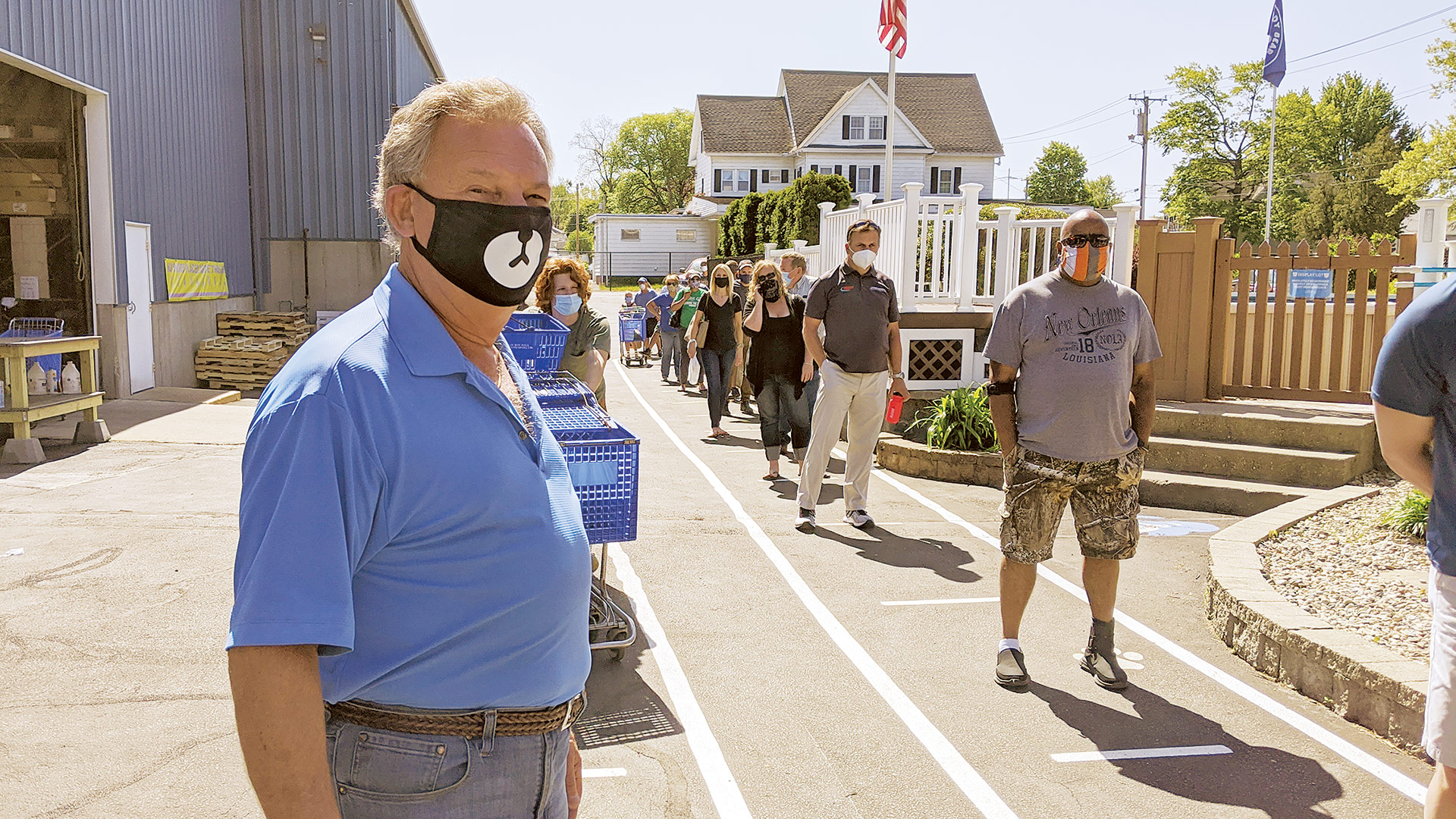



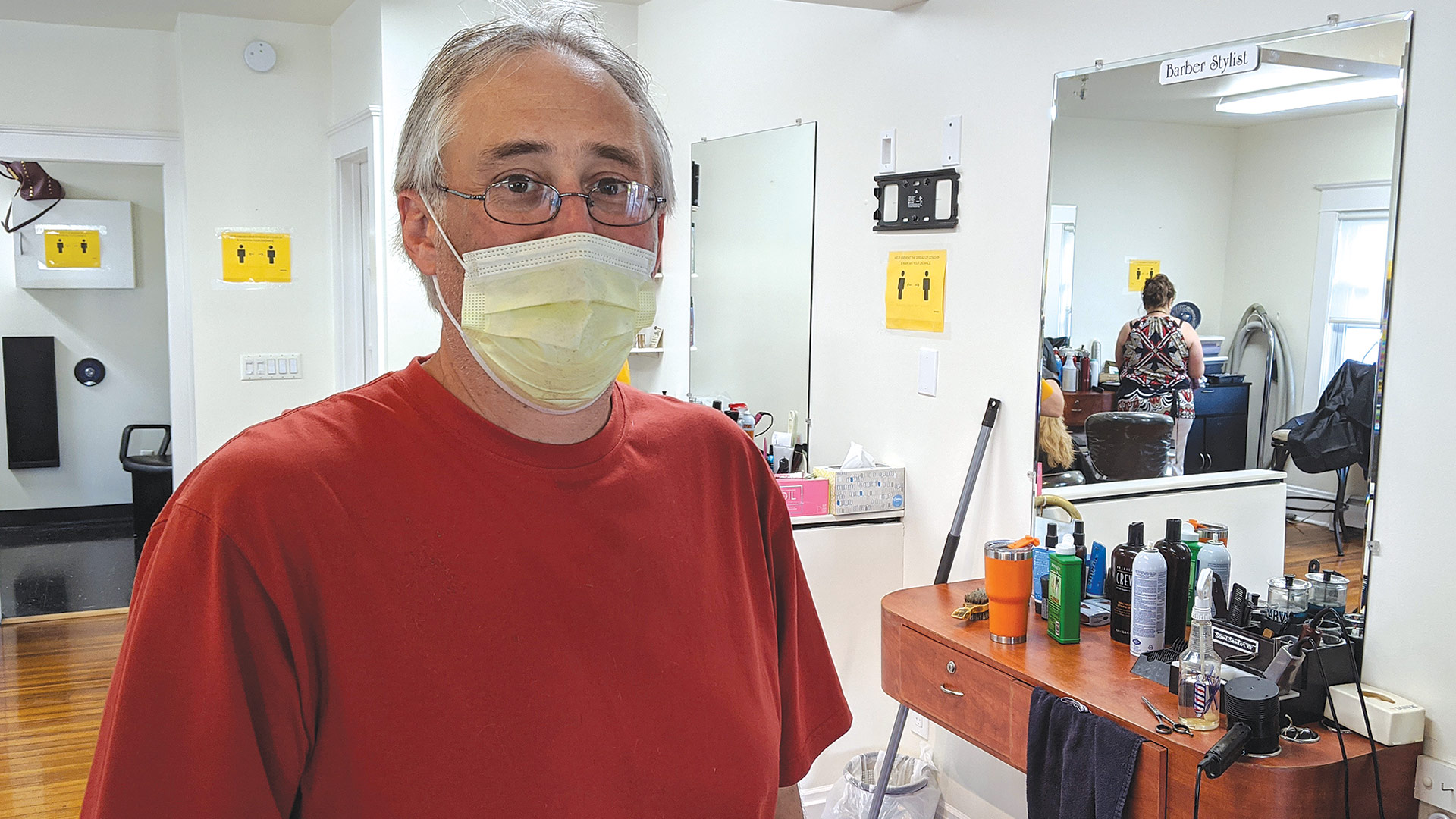


 Mark Proshan says predicting what’s coming next in his business — office furniture and design — has always been a difficult assignment.
Mark Proshan says predicting what’s coming next in his business — office furniture and design — has always been a difficult assignment.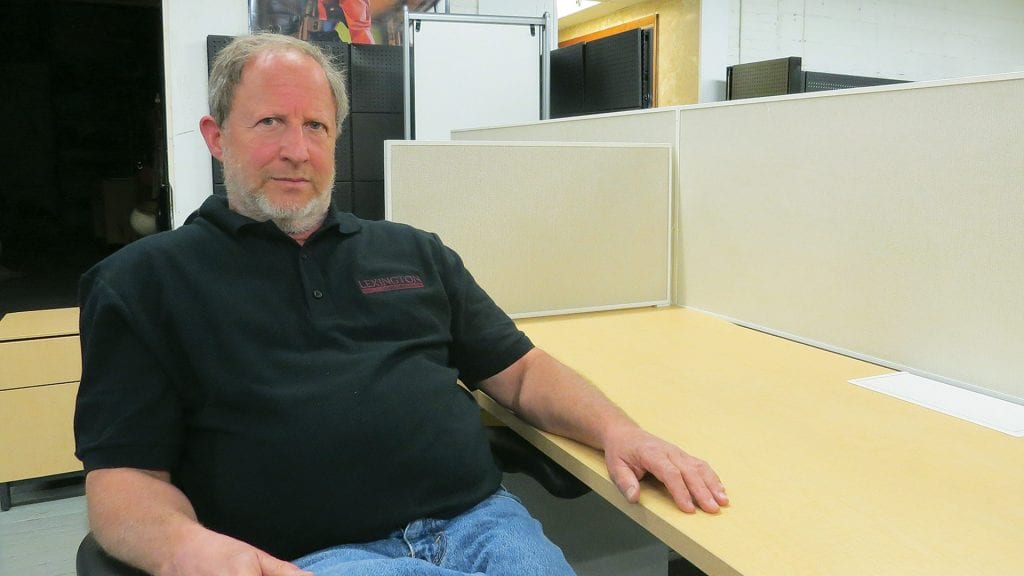

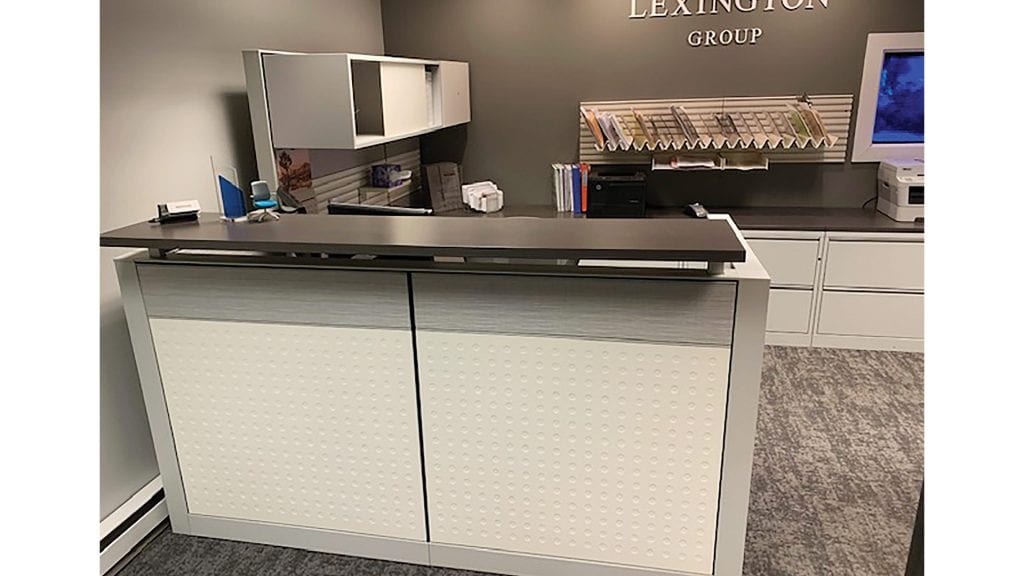
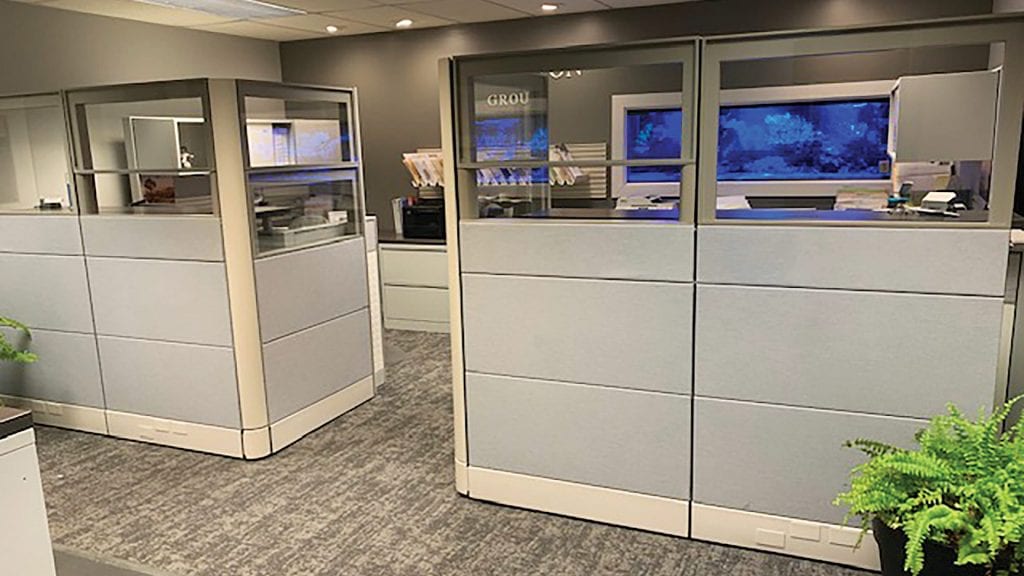







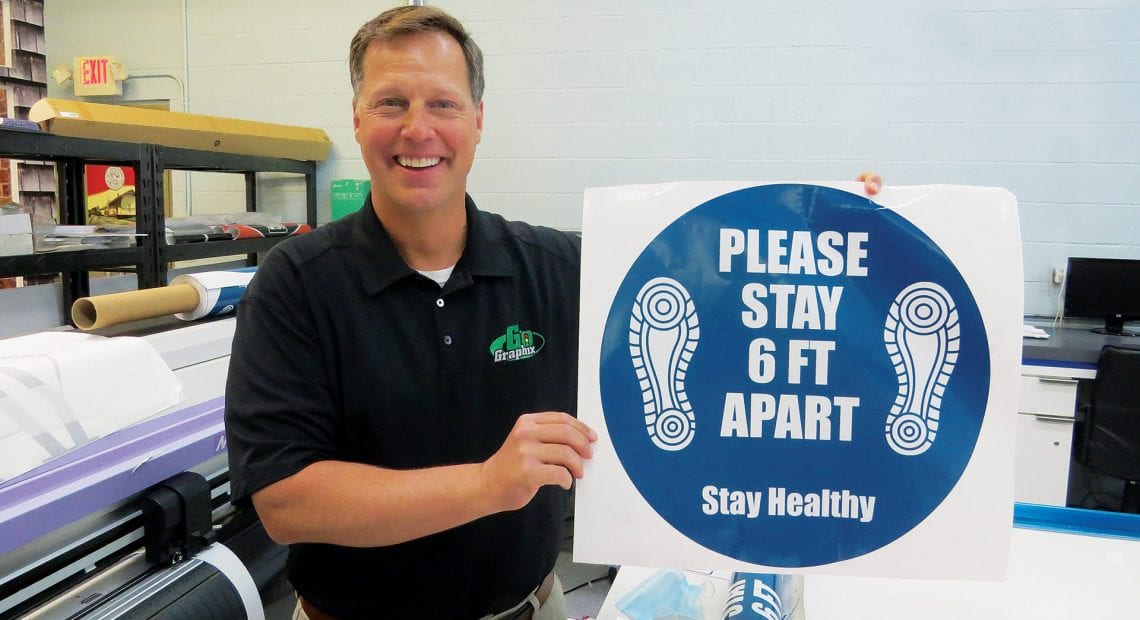
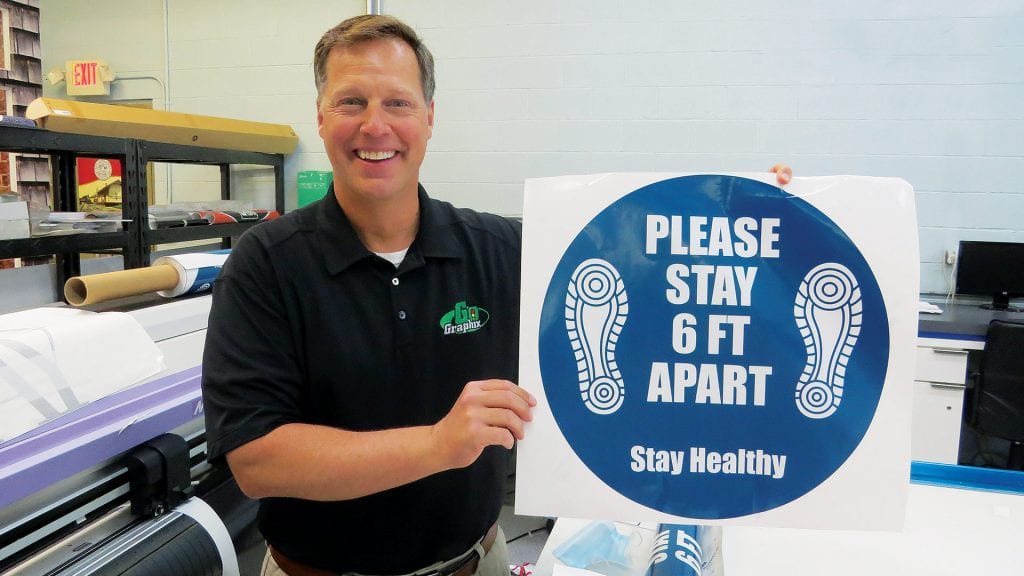




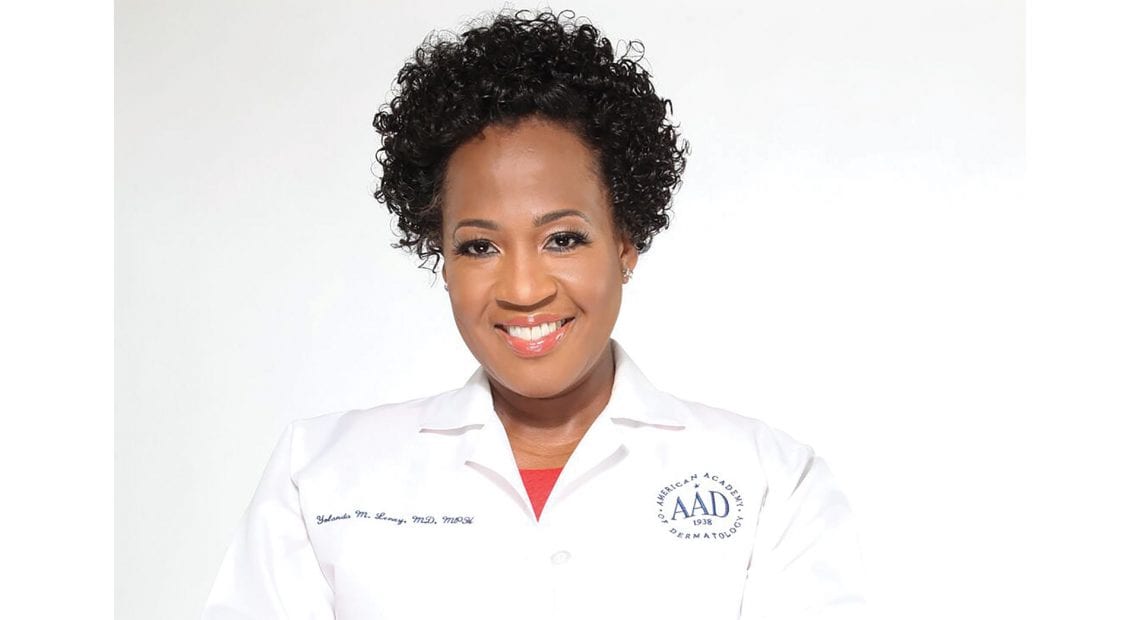



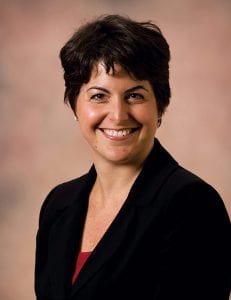
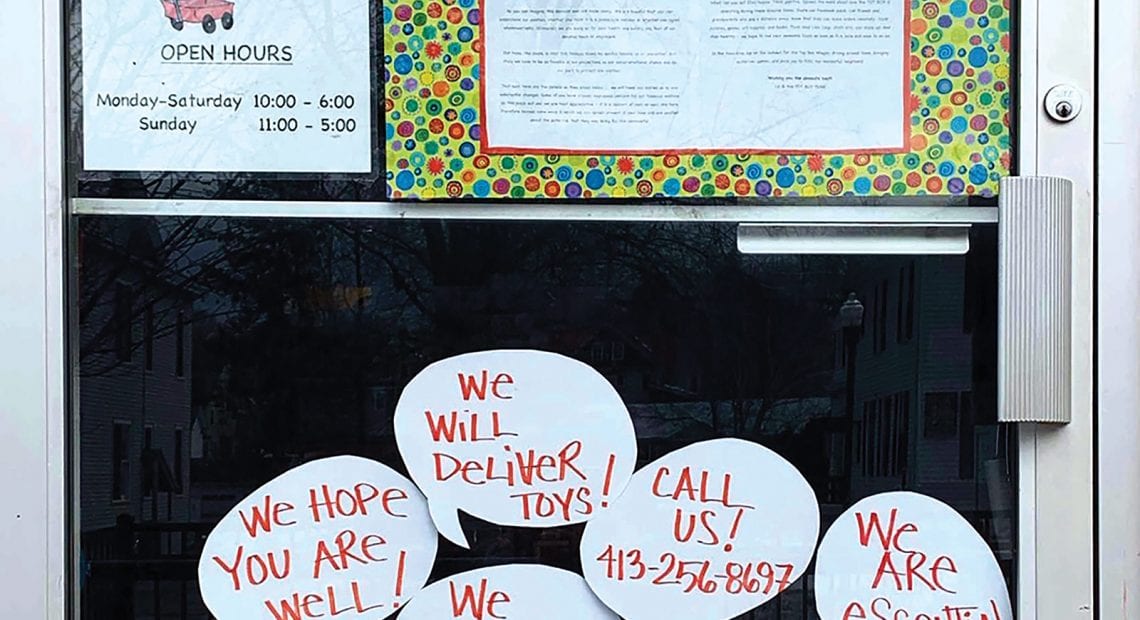
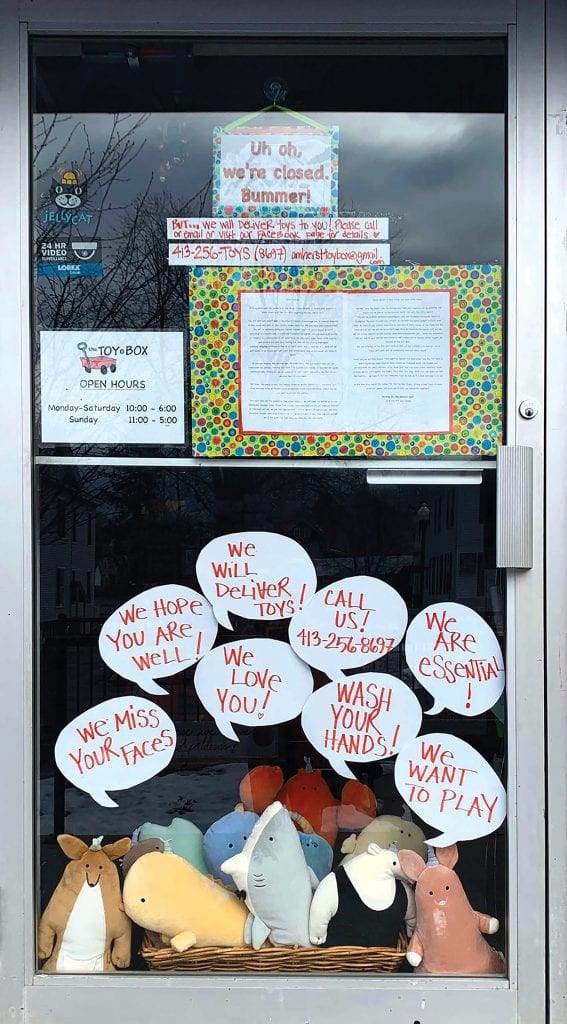
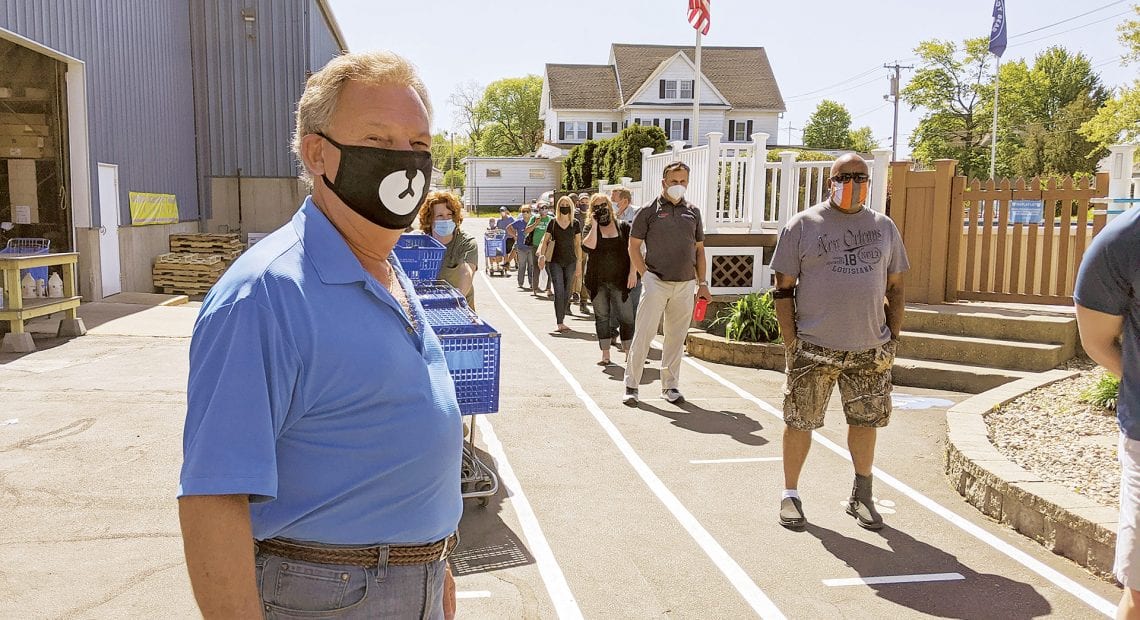
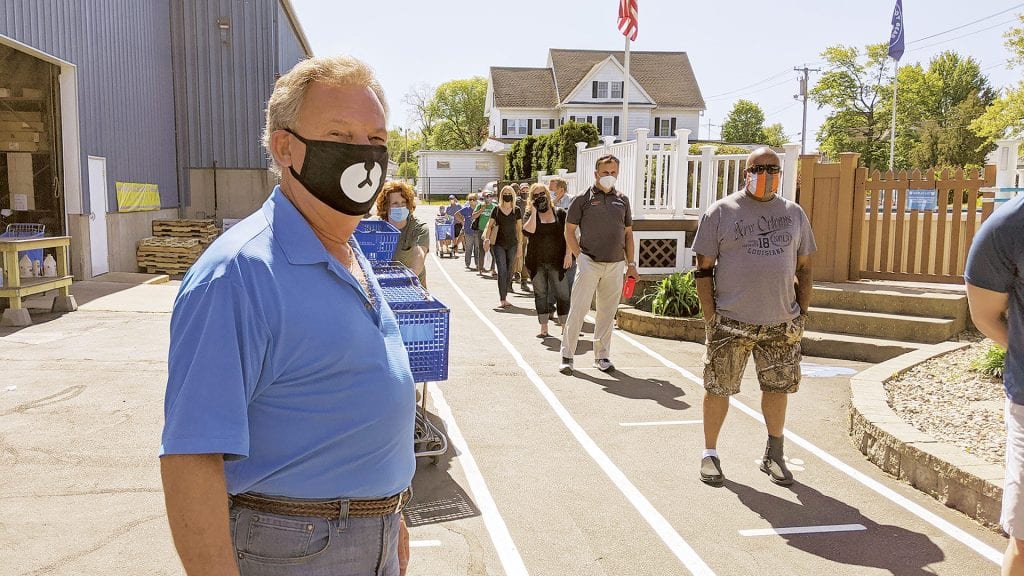
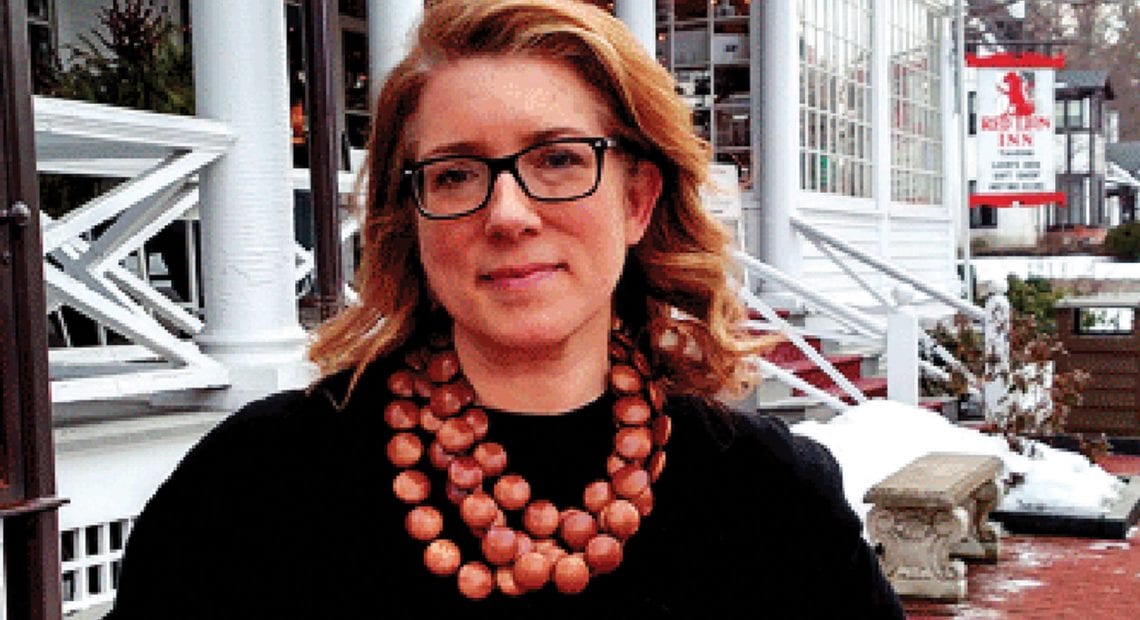





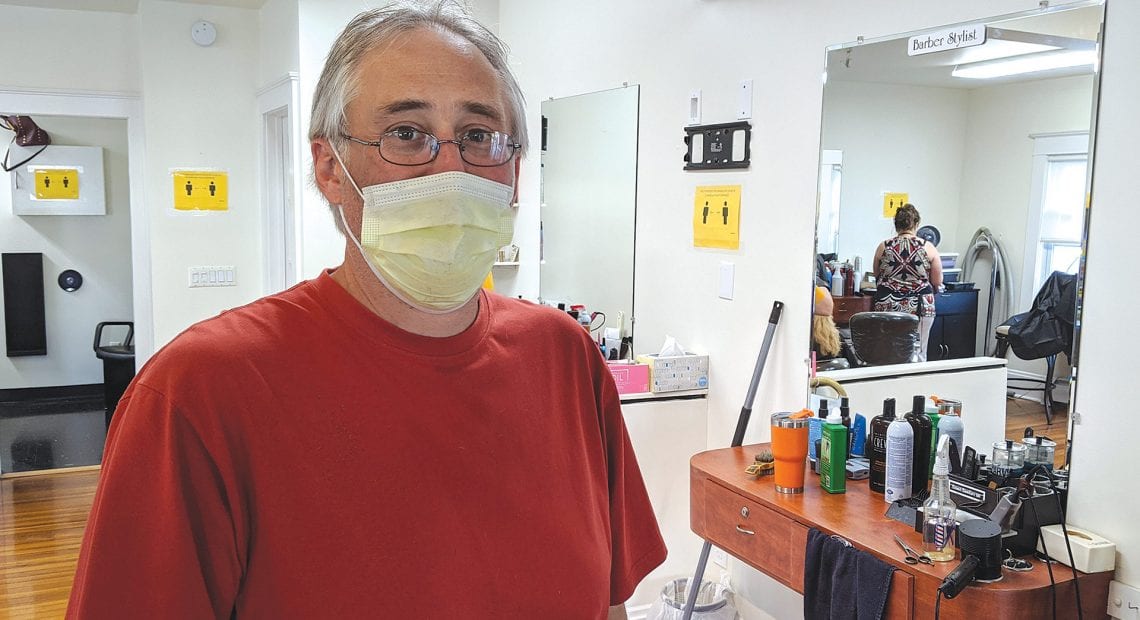
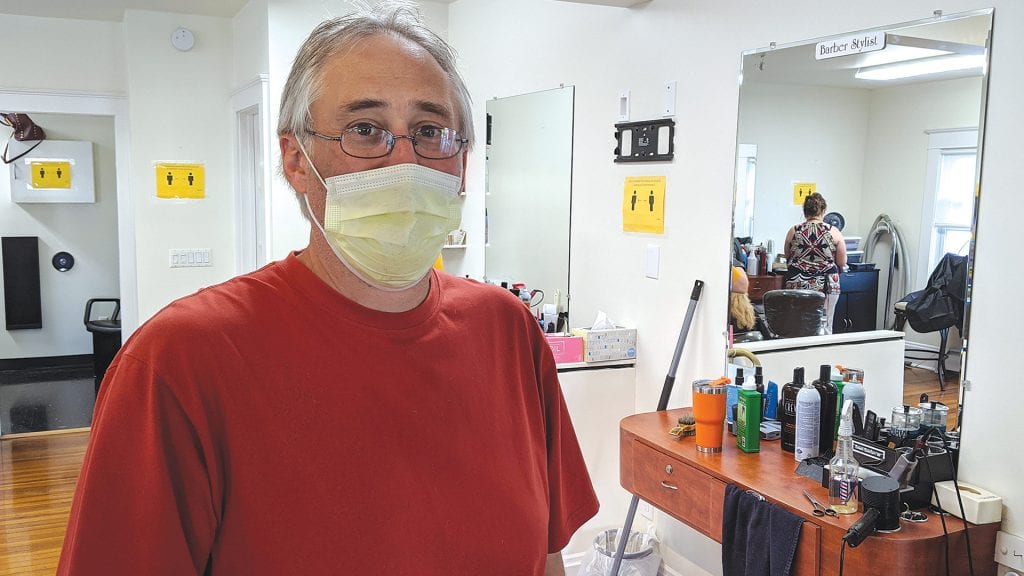




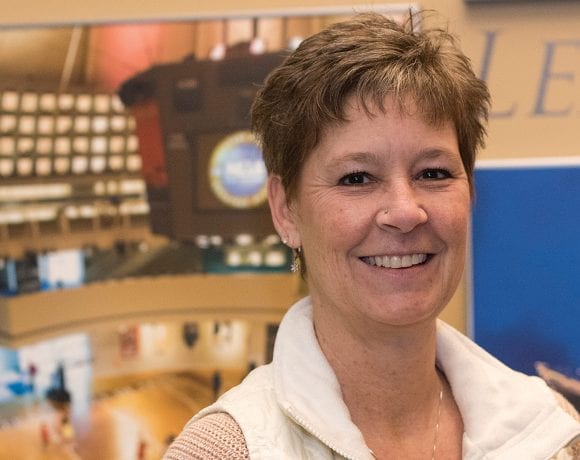








 As you read the accounts of individual companies grappling with the pandemic in the June 8 issue of BusinessWest — we call them ‘COVID Stories’ — a number of themes and similarities emerge.
As you read the accounts of individual companies grappling with the pandemic in the June 8 issue of BusinessWest — we call them ‘COVID Stories’ — a number of themes and similarities emerge.
